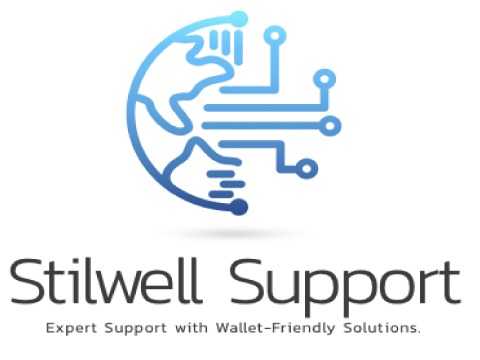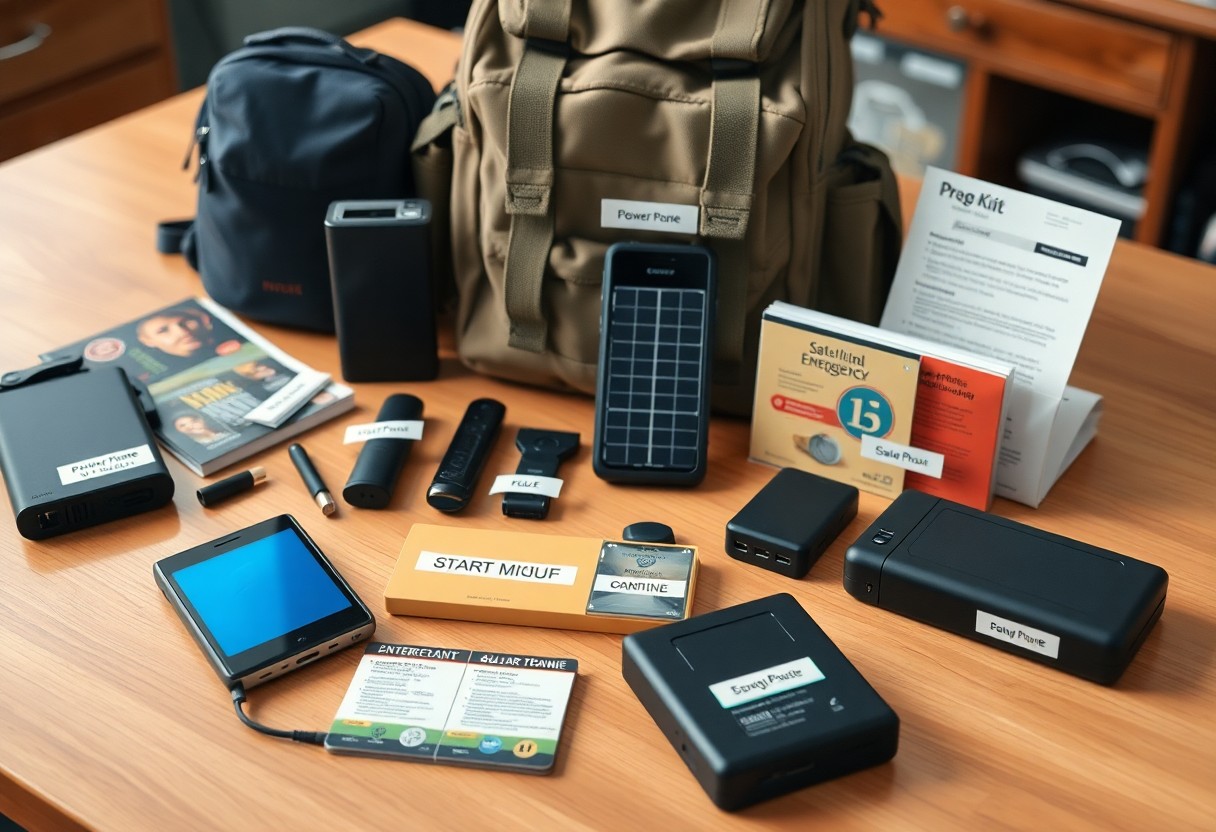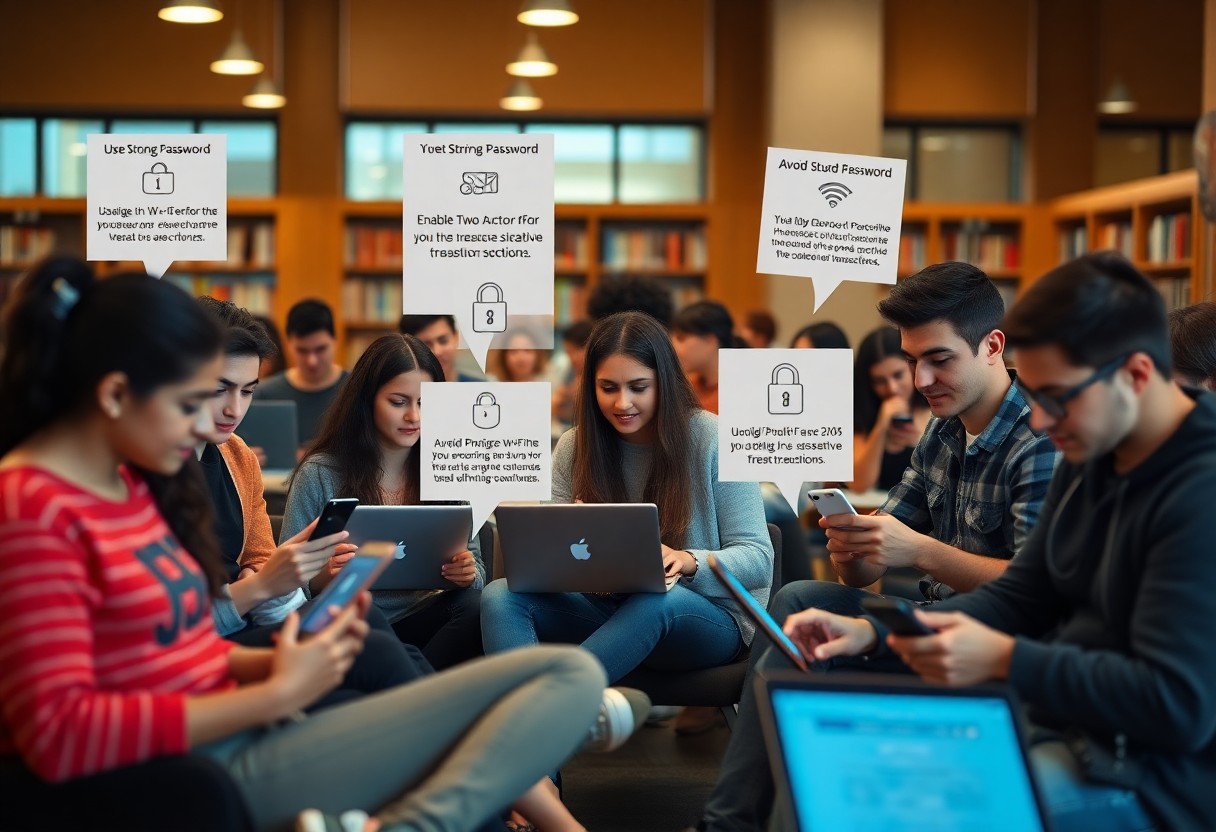It’s vital for you to stay organized and efficient in your academic journey, especially as technology continues to evolve. In 2025, a variety of dynamic productivity apps will become indispensable for students like you, helping to streamline your studies and boost your productivity. Whether you need to manage your time better, collaborate on projects, or keep track of assignments, these apps offer innovative features designed to enhance your learning experience. Get ready to explore the top choices that will elevate your productivity and academic success in the coming year.
Key Takeaways:
- AI-powered tools will dominate the productivity landscape, offering personalized study plans and adaptive learning experiences for students.
- Collaboration features will be enhanced, allowing for seamless group projects and real-time feedback, fostering teamwork among students.
- Integrations with various educational platforms will be vital, streamlining access to resources and improving overall efficiency in managing academic workload.
The Rise of AI-Powered Productivity Tools for Students
AI-powered productivity tools are transforming how students manage their studies and daily tasks. With features that adapt to individual learning styles and preferences, these applications are not just enhancing productivity but also reshaping academic experiences. By using advanced algorithms to analyze your behavior, these tools can predict your needs and optimize your workflow, making study sessions more efficient and tailored.
How AI Personalizes Learning Experiences
By leveraging your learning patterns, AI tools create custom study plans that cater specifically to your strengths and weaknesses. This means that instead of a one-size-fits-all approach, you receive unique insights and recommendations that help you grasp challenging concepts more effectively. Your progress is tracked in real-time, allowing for dynamic adjustments in your study materials and schedules.
Top AI Tools Transforming Study Habits
Several standout AI tools are revolutionizing how you study, including Quizlet, which uses AI to generate personalized quizzes, and Buffer Study, offering intelligent scheduling that adapts to your learning pace. Another notable example is Otter.ai, facilitating real-time transcription and summarization of lectures, thus ensuring you never miss key points. With these innovations, studying becomes more interactive and aligned with your personal and academic goals.
These AI tools not only help you master your subjects but also promote better time management. For instance, Notion combines note-taking with task management, customizing workflows that fit your routine, while Speechify allows for listening to your study materials, creating a passive learning opportunity. Engaging with these innovative apps allows you to discover more effective study methods by freeing you from mundane tasks and enabling you to focus on what truly matters—your learning.
Collaboration Redefined: The Best Apps for Group Projects
Successful group projects rely heavily on efficient collaboration tools that can streamline communication, manage tasks, and enhance teamwork. In 2025, you’ll find a variety of apps designed to facilitate collaboration, allowing you and your classmates to focus more on creativity and problem-solving rather than logistical challenges. From real-time document editing to integrated task management features, the right platform can transform a chaotic group project into a seamless experience.
Current Leaders in Collaborative Platforms
Among the standout collaborative platforms this year, Microsoft Teams, Slack, and Trello have emerged as current leaders. Each of these applications boasts unique features tailored for student collaborators, such as interactive channels for discussions in Slack or Trello’s visual boards for task management. In an educational setting, they offer diverse functionalities that help you streamline your group engagements.
Innovative Features Enhancing Teamwork
Emerging collaboration apps are integrating powerful features that enhance teamwork beyond traditional methods. For example, tools like Miro and Notion offer interactive whiteboards and real-time brainstorming capabilities, enabling you to visualize ideas collectively. Additionally, features such as automated workflow insights and built-in chat options allow for seamless communication and tracking of project progress without leaving the app.
Pushing the boundaries of teamwork, innovative features in these platforms cater to various learning styles and preferences. Miro’s interactive whiteboards facilitate visual thinkers, while Notion’s customizable templates streamline project organization. You can utilize built-in file-sharing capabilities to access documents without juggling multiple applications. Analytics features provide insights into participation and productivity, allowing you to measure the effectiveness of collaboration and adjust as necessary. This responsiveness creates an adaptive environment that enhances communication and fosters creativity, ensuring your group achieves its project goals while maintaining a dynamic workflow.
Gamification: Making Academic Tasks Engaging
Incorporating gamification into your study routine can transform tedious tasks into enjoyable challenges. By leveraging game mechanics—such as scoring systems, levels, and rewards—students feel more motivated to engage with their coursework. This approach not only makes learning more interactive and fun but also enhances retention and understanding, allowing you to tackle topics with renewed vigor and focus.
How Gamified Apps Boost Engagement and Retention
Gamified apps utilize elements like points, badges, and leaderboards to create a competitive and rewarding environment that encourages you to engage deeper with the material. Studies show that these elements can increase motivation by as much as 30% and boost your retention rates significantly by making lessons memorable and enjoyable to navigate.
Examining the Top Gamified Learning Applications
Several gamified learning applications have emerged, each offering unique features tailored to enhance your academic experience. Apps such as Duolingo and Kahoot! employ vibrant visuals and instant feedback, transforming language learning and quiz formats into playful experiences. Meanwhile, platforms like Classcraft allow students to work together to level up their avatars while focusing on academic progress, combining social interaction with educational goals.
Duolingo, for example, incorporates a captivating format where you earn “lingots” for achieving study milestones, incentivizing daily practice. Kahoot! takes quizzes to a new level with real-time competitions, allowing you to challenge classmates or friends in a fun way. Classcraft gamifies classroom experiences, allowing you to team up with peers to tackle challenges, and rewards academic achievements with in-game perks. These applications demonstrate how gamification can redefine your learning experiences, making engagement a priority while still achieving your educational objectives.
Time Management Revolution: Scheduling Apps for a Busy Student Life
In the fast-paced world of student life, effective time management is important. Scheduling apps have emerged as game-changers, allowing you to effortlessly allocate your time while balancing classes, assignments, and extracurricular activities. Modern solutions not only provide basic scheduling capabilities but also cater to your unique needs, ensuring you stay productive and stress-free throughout your academic journey.
Key Features of Next-Gen Scheduling Apps
- Intuitive User Interfaces
- Real-Time Collaboration
- Automated Reminders
- Customization Options
- Sync Across Devices
- Integration with Other Tools
Recognizing the different demands of student life, next-gen scheduling apps aim to simplify your planning process with thoughtful features and seamless integration into your daily activities.
Comparison of Popular Time Management Tools
Comparison of Popular Scheduling Apps
| App Name | Key Features |
|---|---|
| Trello | Kanban boards, task assignments, deadline reminders |
| Google Calendar | Event reminders, integration with email, sharing capabilities |
| Notion | Customizable templates, databases, collaboration tools |
| Todoist | Task prioritization, deadline tracking, project management |
By comparing features across leading scheduling apps, you can determine which tool best meets your organizational needs. Trello offers a visual and interactive way to manage tasks with its Kanban boards, while Google Calendar excels with its reminders and integration with Gmail. Notion stands out for its flexibility, allowing you to create tailored templates and databases, suitable for managing both personal and academic projects. Lastly, Todoist focuses on helping you prioritize tasks effectively, ensuring you never miss a deadline. Balancing these tools can help you optimize your time and stay ahead of your academic commitments.
The Digital Note-Taking Evolution: Beyond Traditional Methods
As education continues to adapt to a digital world, traditional note-taking methods are evolving into more sophisticated systems that cater to the needs of modern students. Gone are the days of scattered notebooks and illegible handwriting; now, you can harness the power of technology to organize your thoughts and enhance your learning experience. Digital note-taking tools offer multimedia integrations, real-time collaboration, and intuitive search capabilities, transforming how you capture and organize information.
Features to Look for in Modern Note-Taking Applications
To maximize your note-taking efficiency, consider applications that offer cloud synchronization, allowing you to access notes from any device. Tagging and organization options facilitate quick retrieval of information, while multimedia support enables you to incorporate images, audio, and video. Collaboration features let you share notes with classmates seamlessly, and advanced search functionalities help you find specific content quickly, enhancing your overall productivity.
Highlighting the Best Apps for Efficient Note Management
Several standout applications can significantly streamline your note-taking process. For example, Notion combines note-taking with project management, letting you organize notes, tasks, and databases all in one workspace. Evernote excels in clip-saving capabilities, allowing you to seamlessly save web articles alongside your notes. Meanwhile, Microsoft OneNote offers rich text formatting and categorization features, making it easy to create structured notes that enhance your study sessions.
Notion, Evernote, and Microsoft OneNote each cater to a unique set of needs. Notion’s flexibility allows you to create customized workflows, making it a favorite among students who thrive on organization. Evernote’s powerful web clipper provides a quick way to save information found online, turning research into easy-to-access notes. OneNote, with its notebook-style structure, mimics traditional methods while adding digital benefits, appealing to those who prefer having sections and pages. Each application presents a unique approach, so exploring these options can help you discover which best aligns with your studying style and enhances your academic performance.
Conclusion
From above, you can see that the top productivity apps for students in 2025 offer a range of features designed to enhance your learning experience. By incorporating these tools into your daily routine, you can streamline your tasks, manage your time more effectively, and ultimately boost your academic performance. Embracing these innovative applications will empower you to stay organized, collaborate seamlessly, and maintain focus on your studies, setting you up for success in your educational journey.
FAQ
Q: What are the top productivity apps for students in 2025?
A: In 2025, some of the top productivity apps for students include Notion, Todoist, and Microsoft OneNote. Notion offers a versatile platform for organizing notes, managing tasks, and collaborating on projects. Todoist helps students plan their assignments and set deadlines, ensuring they stay on top of their workload. Microsoft OneNote provides a digital notebook experience, allowing students to take notes, clip web articles, and sync across devices seamlessly.
Q: How can these productivity apps enhance a student’s learning experience?
A: These apps enhance learning through improved organization, time management, and collaboration. Notion allows students to create customized dashboards, which can help them track their progress in various subjects. Todoist promotes efficient planning by enabling users to prioritize tasks according to deadlines and importance. Microsoft OneNote encourages collaboration through shared notebooks, making group projects more manageable and efficient.
Q: Are there any free options available among the top productivity apps for students?
A: Yes, many top productivity apps offer free versions with crucial features. Notion provides a free plan with basic functionalities suitable for individual students. Todoist also has a free version that includes task management features without additional bells and whistles. Microsoft OneNote is completely free and offers a range of features suitable for note-taking and organization without requiring a subscription. These free options make it accessible for all students to boost their productivity.



